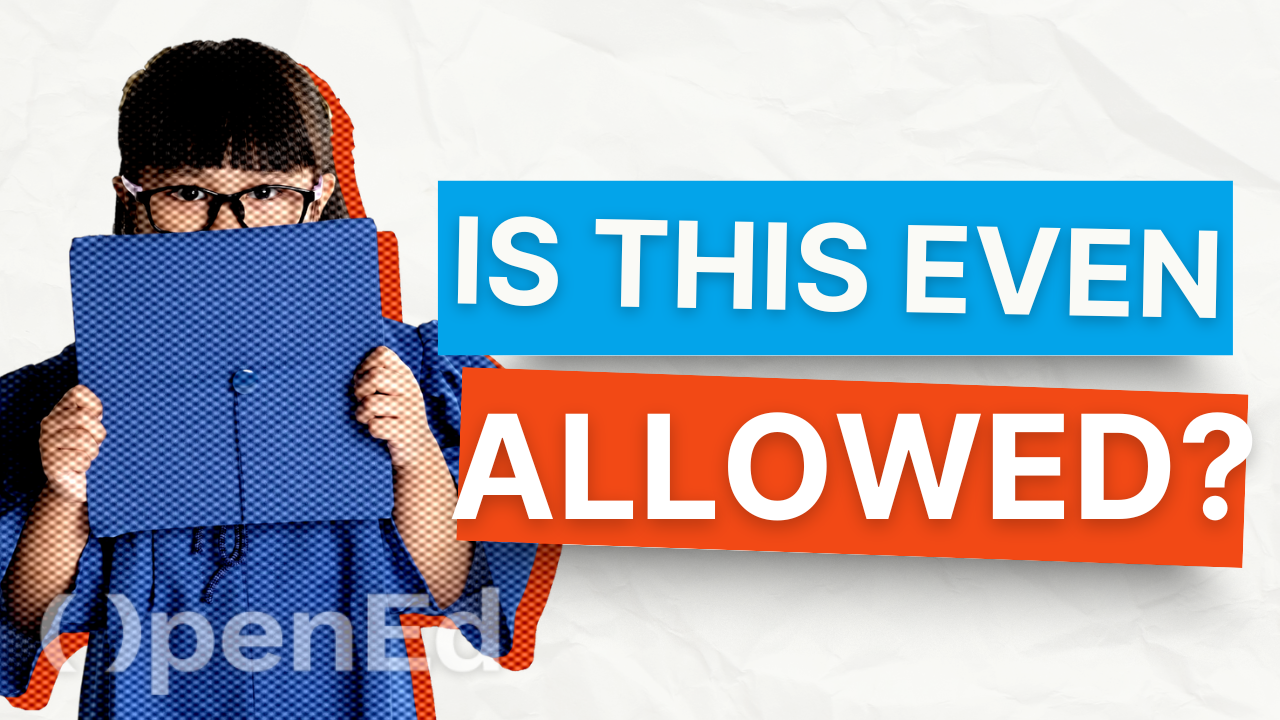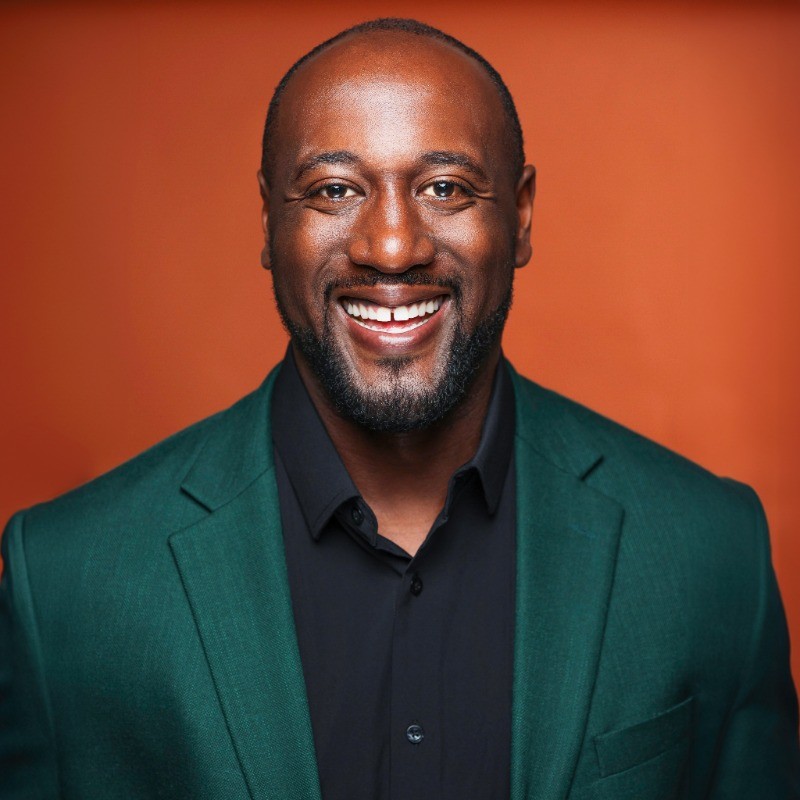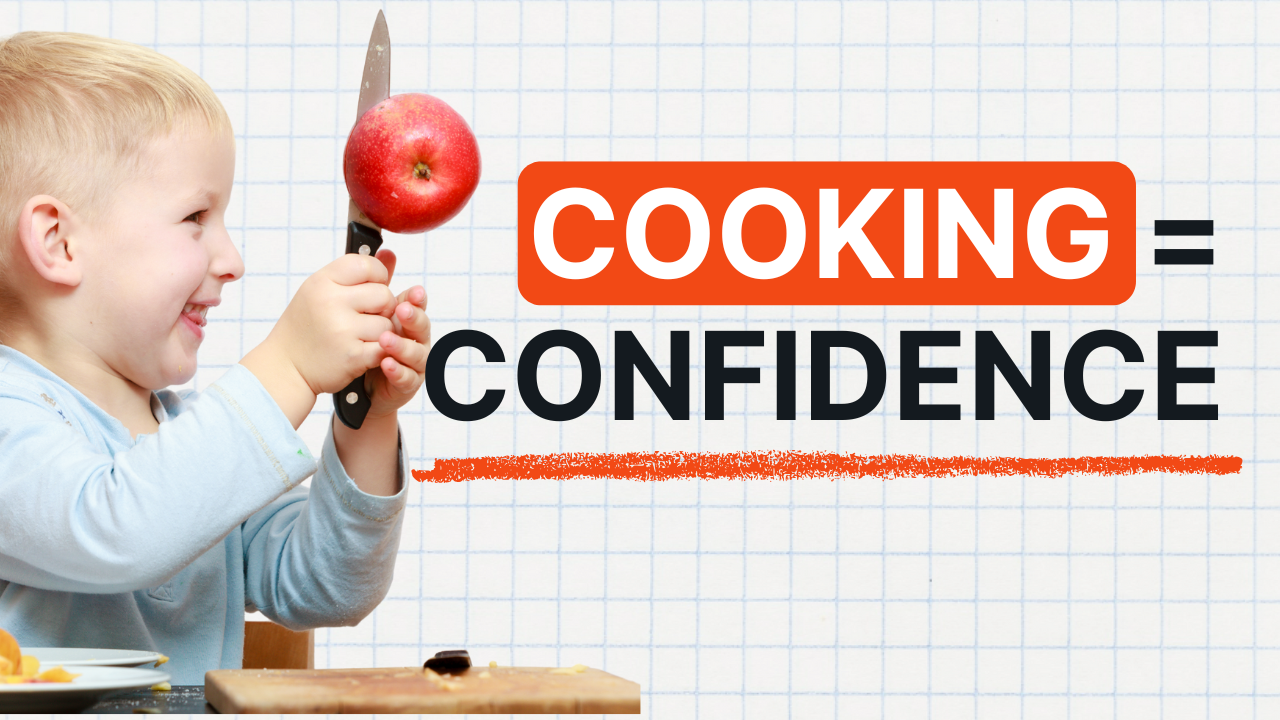
I Let My Kids Skip School. They Still Made Student Council.
I Let My Kids Skip School. They Still Made Student Council.
I Let My Kids Skip School. They Still Made Student Council.
"Is that even allowed?"
That was my first question when my friend Matt Bowman suggested I could pull my kids out of school for a couple weeks.
"This dude is trying to get my kids expelled," I thought. (Spoiler: I was completely wrong about that.)
Here's the thing—I've always been a disruptor by nature. As a former college football player turned transformation speaker, I've spent my career helping people break free from systems that don't serve them. After surviving suicide attempts and discovering my authentic voice, I've built a business around helping others turn their message into a movement. My TEDx talk has been viewed over 2 million times, and I work with executives, entrepreneurs, and leaders who want to communicate with conviction and create real change.
But when it came to my children's education, I was just like everyone else—following rules without question, accepting that traditional school was the only option.
The Conversation That Changed Everything
"Just try it out for a bit," Matt suggested. "You don't have to make a fork-in-the-road decision right now. Just pull them out of school for a couple weeks and take them on some learning adventures and see how it goes."
I couldn't wrap my mind around it. But that conversation planted a powerful question: What if there was a different way?
What if it wasn't a career killer but actually one of the most empowering things we could do for our kids?
So we decided to test it.
We began with a safe trial run. We took that summer and said, "Let's pretend we're doing home education to see if we want to send them to school for the year."
The kids were going wild—and not in a good way. They wanted to be in school. My oldest two craved the social interaction, the schedule, the friends. They felt like they were missing out. But we stuck with it.
We took trips across the country. We saw the Grand Canyon. We were learning so much more than they ever did in a classroom. Our kids got way smarter. They'd listen to me do sales calls in the car and were ready to run businesses by summer's end.
It was amazing. But they still wanted to go back to school when August rolled around.
So we let them. After all, this was supposed to be about giving them choice and agency in their own learning journey.
What happened next illustrates a key principle I use in my speaking and coaching work—the law of exposure:
The mind when stretched never returns to its original form.
Yes, they went back to school, but now they noticed the rigidity. They missed the adventure. They would see me heading to Colorado for work and want to come along.
Having been exposed to the possibility, I knew what to say: "Well, you can just come."
"Really?"
"Yeah. My friend Matt said we can do whatever we want as long as we send the school a note."
(Side Note: This worked in our situation, and Matt has countless examples of families who've done this successfully. Your mileage may vary, but the point is you likely have far more educational freedom and flexibility than you realize.)
And so began our journey into what a growing movement calls open education—a personalized learning approach that blends hybrid learning experiences. It can incorporate anything that fits your child's needs, including public school, private school, and micro-schooling, as well as real-world experiences, self-directed learning, traditional homeschooling, and project-based learning. Matt wrote a whole book about it, so he wouldn't have to keep explaining himself when he gave parents what seemed like crazy advice.
Embracing Our Educational Freedom
We started pulling them out for my business trips. Extended vacations became learning expeditions. My kids missed significant time from school that year—far more than the attendance secretary wanted. They still maintained good grades. They were still student council leaders. It worked out perfectly fine.
Why? I knew that they could catch up—they'd probably be messing around half the time in school anyway.
Here's what most parents don't realize: You have more educational freedom than you think. Every state allows homeschooling. Most allow educational travel. Many support hybrid approaches where kids mix traditional school with other learning experiences.
The key is understanding your state's requirements. Some need more documentation than others, but none force you to keep your kids in a system that isn't working. Organizations like the Home School Legal Defense Association (HSLDA.org) can help you understand your specific state's laws. And for families wanting to explore open education, OpenEd offers a free tuition program in eight states and growing that handles all the compliance and paperwork for you, so you're free to focus on what matters most—your child's learning.
But here's something I wasn't prepared for: the social pushback.
Some other parents would ask, "Why do Darryll's kids get to do that?" as if we had some special privilege. The truth was, we were simply exercising the same parental rights available to everyone.
Sometimes your freedom reminds people of their lack thereof. All the feedback we got when we started sharing our journey—it was mostly a defensive response. If this was a better pathway, then that would remind other parents that they could have thought of something different.
We had to learn that our educational choices weren't a judgment on others, but that's often how they were interpreted. So we became more selective about who we shared our story with.
From Personal Transformation to Educational Movement
Today, my kids have caught the entrepreneur bug. My daughter starts a new business every 90 days and burns through our money just as fast. But here's what matters: They're expressed. They're learning. And most importantly, they see that they have a say in their future.
They've learned something no curriculum could teach—they don't have to accept systems that don't serve them.
As someone who helps people turn their message into a movement, I realized I was living the exact principle I teach others. We had a message—that there are better ways to educate children. We had to overcome our own fear and social pressure to live that message authentically.
We're currently running a hybrid homeschooling model—lots of self-directed learning at home through real-world experiences, combined with traditional school enrollment where they participate in all the normal activities other children do.
Now they understand they have options. They've learned to think critically about systems and ask, "Is this serving me, or am I just serving this?"
Remember: "The mind when stretched never returns to its original form."
Once you see what's possible—once you witness your child thriving outside the traditional box—you can't unsee it. That's when real change happens. That's when a personal message becomes a movement.
The vulnerability required to pull your kids out of school is the same vulnerability required to speak your truth on stage or in the boardroom. Both require you to stop caring more about what others think than what you know is right.
Your Turn to Ask "What If?"
Start with one question. The same question that changed everything for our family:
"What if?"
What if there was a different way for your child to learn? What if it was actually one of the most empowering things you could do?
You don't have to overhaul everything tomorrow. Try a week-long educational trip. Pull them out for a meaningful family experience. See how it goes.
But most importantly, trust yourself. You know your child better than any system ever will.
The question isn't whether you can do this. The question is: Are you ready to discover what you and your kids are truly capable of when you stop accepting limitations that don't actually exist?
Subscribe to The OpenEd Daily
Join 17,000+ families receiving curated content to support personalized learning, every school day.
.webp)





